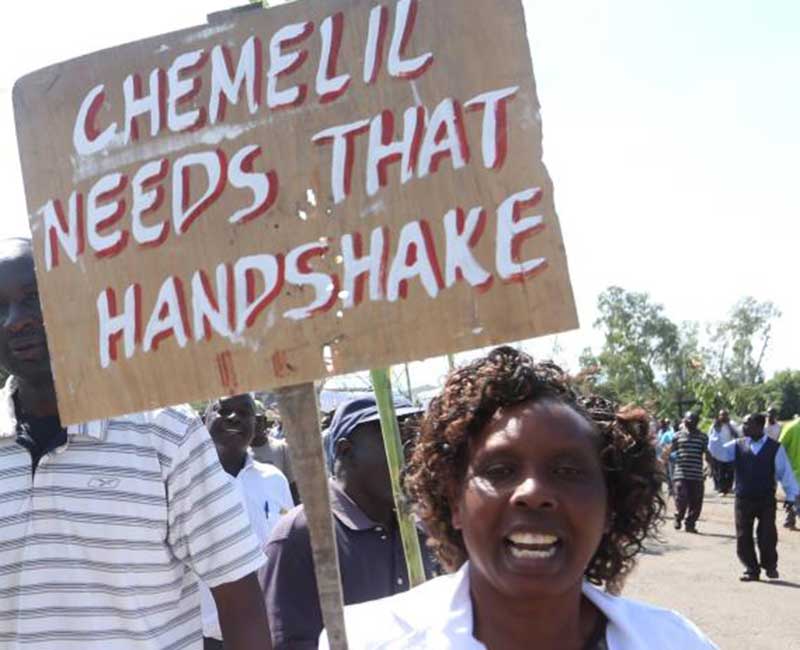×
The Standard e-Paper
Kenya’s Boldest Voice

Sugar millers may have their debts written off as part of an elaborate plan to revive the industry.
However, according to a strategy unveiled by Agriculture Cabinet Secretary Mwangi Kiunjuri, last Friday, there will also be a forensic and management audit on all the public millers. If this goes well, the industry will receive short-term injection of capital to get the millers back on their feet.